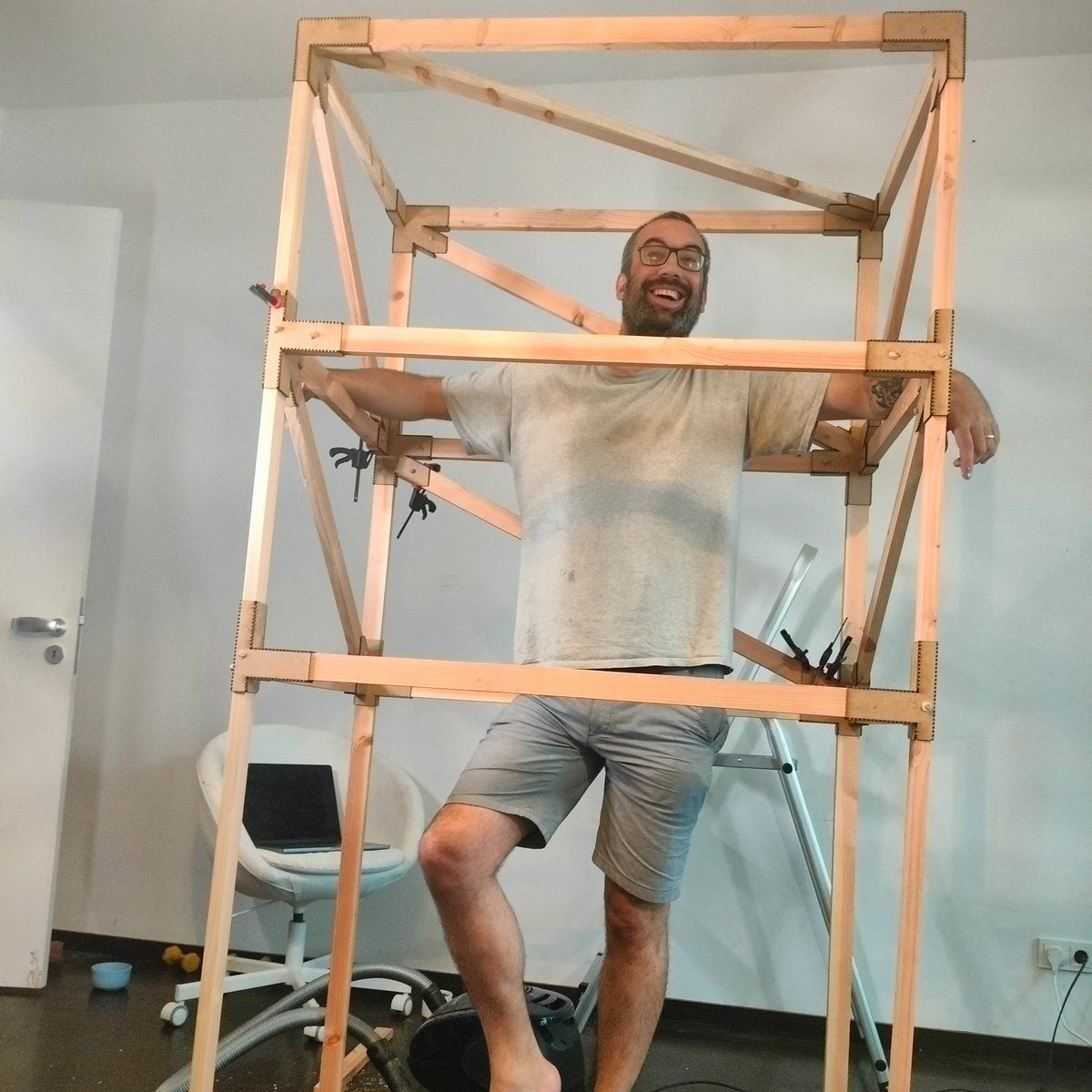💡 Where Should Visual Programming Go? 📝 We Can Do Better Than SQL 🎥 Home-cooked Software and Barefoot Programmers
Two Minute Week
🎥 Structured editor in a code notebook via Peter Saxton
Presenting a structured editor in a code notebook. I think I'm going to enjoy this environment


[ ] Change Month and Week Number
[ ] focWeekExport "2023-01-19" "2023-01-26"
[ ] Update Search Index
[ ] Download New Attachments
[ ] Update links
[ ] Check that comment links work (push weekly dump with channel summaries)
[ ] Check to mention right person for moved messages
[ ] Summary
[ ] Hashtags
[ ] Set title in newsletter
https://tinyletter.com/
https://tinyletter.com/marianoguerra/letters/
http://localhost:8000/history/
https://marianoguerra.github.io/future-of-coding-weekly/
https://stackedit.io/app#